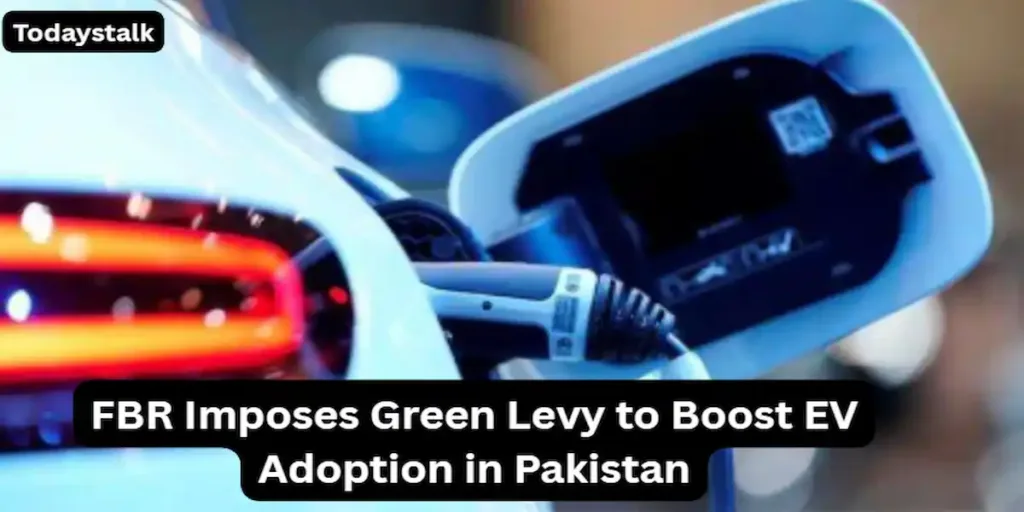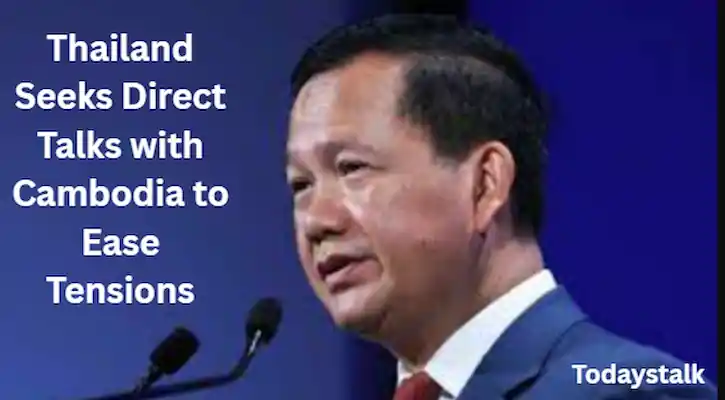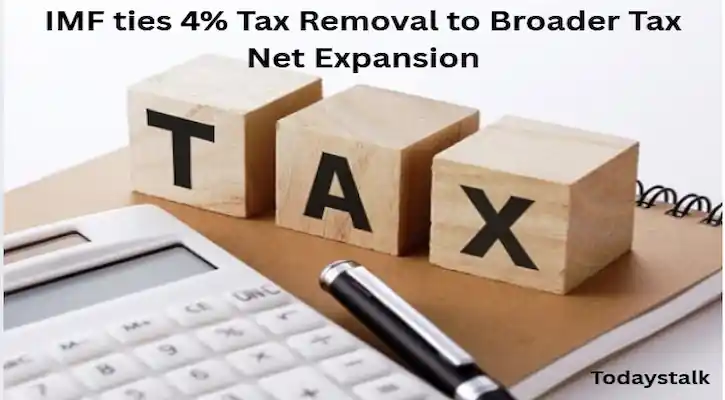The decision that the FBR imposes green levy to push EVs is a bold move towards cleaner cities
In a decisive step towards reducing emissions and promoting sustainable transport, the FBR imposes green levy to push EVs in Pakistan.
This policy aims to reshape the country’s transportation landscape while addressing environmental concerns linked to fossil fuel consumption and urban air pollution.
What Is the Green Levy?
The Federal Board of Revenue (FBR) has introduced a green levy that imposes additional charges on the purchase and registration of fossil-fuel-powered vehicles, particularly those with high engine capacities and emissions profiles.
The collected levy will be used to support green initiatives, including charging infrastructure, EV incentives, and environmental projects.
By ensuring that polluting vehicles bear the cost of environmental damage, the FBR imposes green levy to push EVs while encouraging consumers to consider electric and hybrid alternatives when making vehicle purchases.
Why Pakistan Needs This Policy
Pakistan ranks among the countries most vulnerable to climate change, with urban air pollution contributing significantly to health issues, economic losses, and environmental degradation.
The country’s transportation sector is one of the largest contributors to emissions, with an increasing number of vehicles adding to the pollution burden.
Therefore, as the FBR imposes green levy to push EVs, the move reflects the urgency of transitioning to a cleaner transport system while aligning with Pakistan’s climate action commitments under global frameworks, including the Paris Agreement.

Encouraging Electric Vehicle Adoption
While the initial costs of electric vehicles (EVs) remain high for many consumers, the green levy on conventional vehicles creates a price incentive to consider cleaner alternatives.
Simultaneously, the government plans to offer customs duty and tax rebates on EVs, making them more accessible to the public.
Moreover, by imposing the green levy, the government aims to channel funds into building EV charging networks across major cities, reducing range anxiety among potential EV buyers and encouraging sustainable choices.
Industry Response and Challenges
Following the announcement that the FBR imposes green levy to push EVs, the automotive industry in Pakistan has responded with mixed reactions. While environmental groups and green investors have welcomed the initiative, local car manufacturers have raised concerns about the readiness of infrastructure to support EV adoption.
Transitioning to EVs will require:
- Widespread charging infrastructure to support various vehicle types.
- Stable and clean electricity supply to power EVs sustainably.
- Skilled workforce to maintain and repair electric vehicle systems.
- Consumer awareness campaigns to address misconceptions and build confidence.
Impact on Consumers
The policy impacts vehicle buyers directly, as higher taxes on conventional vehicles increase their overall purchase cost.
Consequently, buyers will evaluate their options more carefully, with EVs and hybrids becoming attractive due to lower taxes, reduced running costs, and minimal maintenance expenses.
Additionally, the government plans to introduce incentives for early EV adopters, including reduced registration fees and toll discounts, further enhancing the benefits for those who choose electric vehicles.
As the FBR imposes green levy to push EVs, these combined measures aim to shift consumer preferences, creating a ripple effect across the automotive market and supporting cleaner air in urban areas.
Economic and Environmental Benefits
The successful implementation of the green levy is expected to: Reduce greenhouse gas emissions by decreasing fossil fuel vehicle demand.
Lower Pakistan’s oil import bill, improving the trade deficit. Encourage local EV manufacturing and the development of allied industries, creating job opportunities.
Improve public health by reducing pollution-related diseases in urban areas.
By aligning environmental objectives with economic benefits, the FBR imposes green levy to push EVs to drive a systemic shift towards sustainability in Pakistan.
Government’s Broader Climate Vision
The green levy is part of Pakistan’s larger vision to achieve a cleaner, more resilient economy. The country has pledged to reduce emissions and transition to cleaner energy sources, with transportation reform playing a key role.
Complementing the levy, Pakistan’s EV policy aims to:
- Achieve 30% electric vehicle penetration by 2030.
- Promote the local manufacturing of EV components and batteries.
- Develop a supportive regulatory framework for EV adoption.
As the FBR imposes green levy to push EVs, these steps collectively reflect a holistic strategy to achieve Pakistan’s climate goals while fostering sustainable economic growth.
Public Reaction and Future Outlook
Environmental activists have lauded the initiative, stating that it is a practical step toward addressing pollution and climate challenges.
Social media discussions highlight cautious optimism, with many urging the government to ensure the transparent utilization of the green levy funds for green projects rather than allowing them to merge with general revenues.
Moving forward, the FBR imposes green levy to push EVs will require:
- Transparent and efficient use of funds.
- Regular assessments to ensure the levy’s effectiveness.
- Stakeholder engagement, including industry, consumers, and environmental groups.
- Infrastructure development to match the rising demand for EVs.
Conclusion: Steering Toward a Cleaner Future
The decision that the FBR imposes green levy to push EVs is a bold move towards cleaner cities and a sustainable transport system in Pakistan.
By holding polluters accountable while rewarding cleaner choices, the policy encourages a systemic shift towards electric mobility.
For Pakistan, this initiative signals a step towards a future where environmental sustainability and economic development can progress together, ensuring cleaner air, reduced emissions, and energy security for generations to come.









 Bitcoin
Bitcoin  Ethereum
Ethereum  XRP
XRP  Tether
Tether  Solana
Solana  TRON
TRON  Dogecoin
Dogecoin  Litecoin
Litecoin